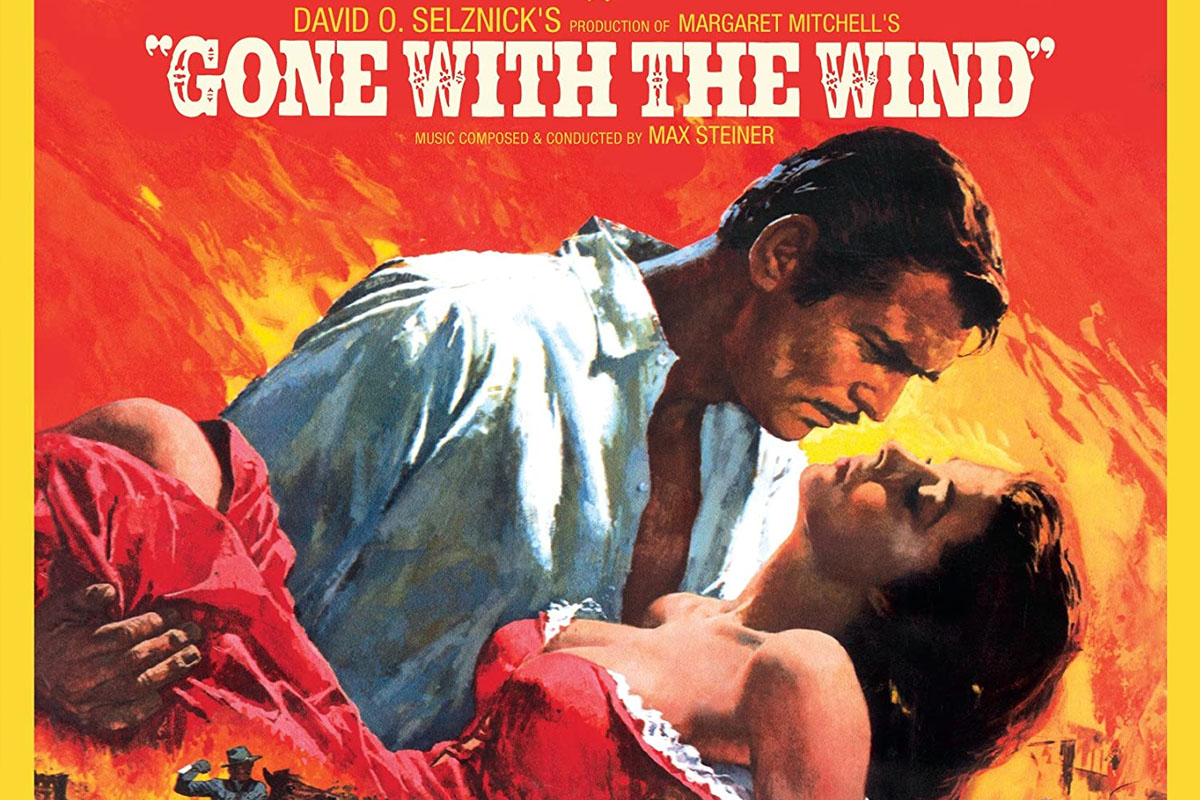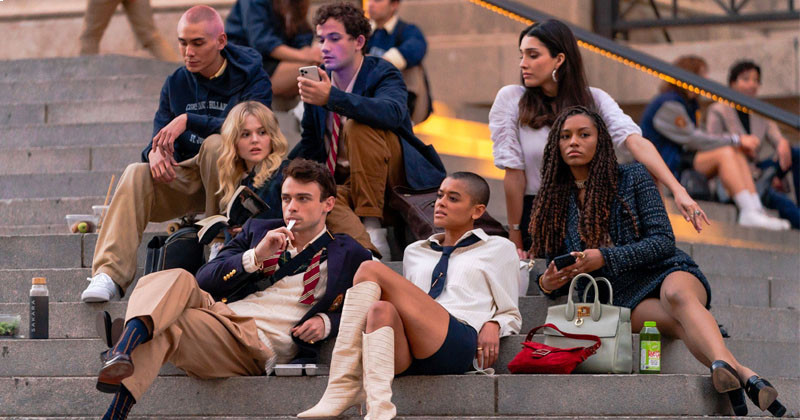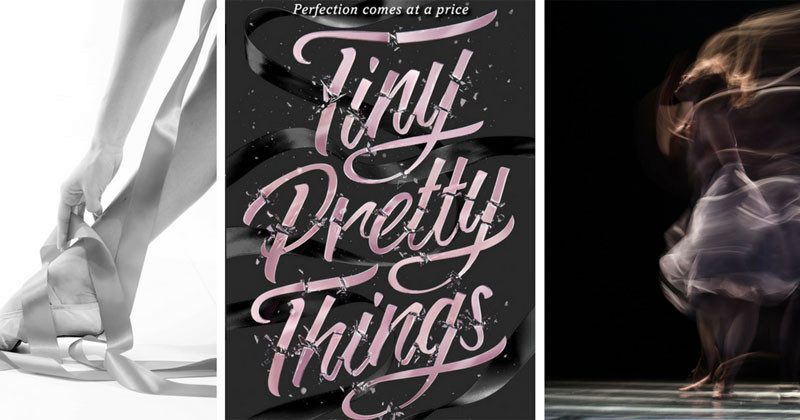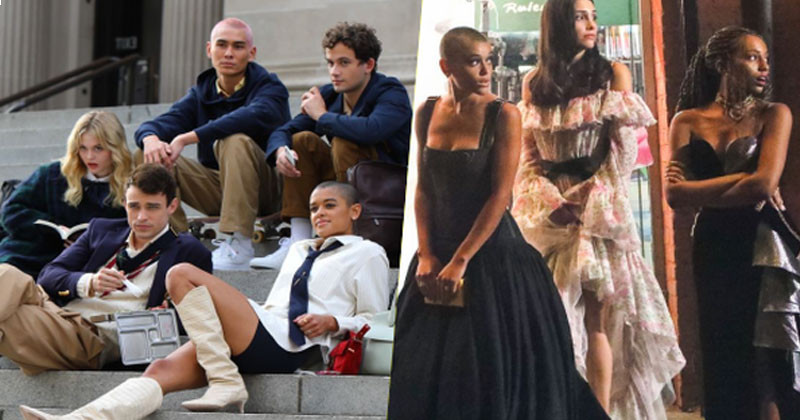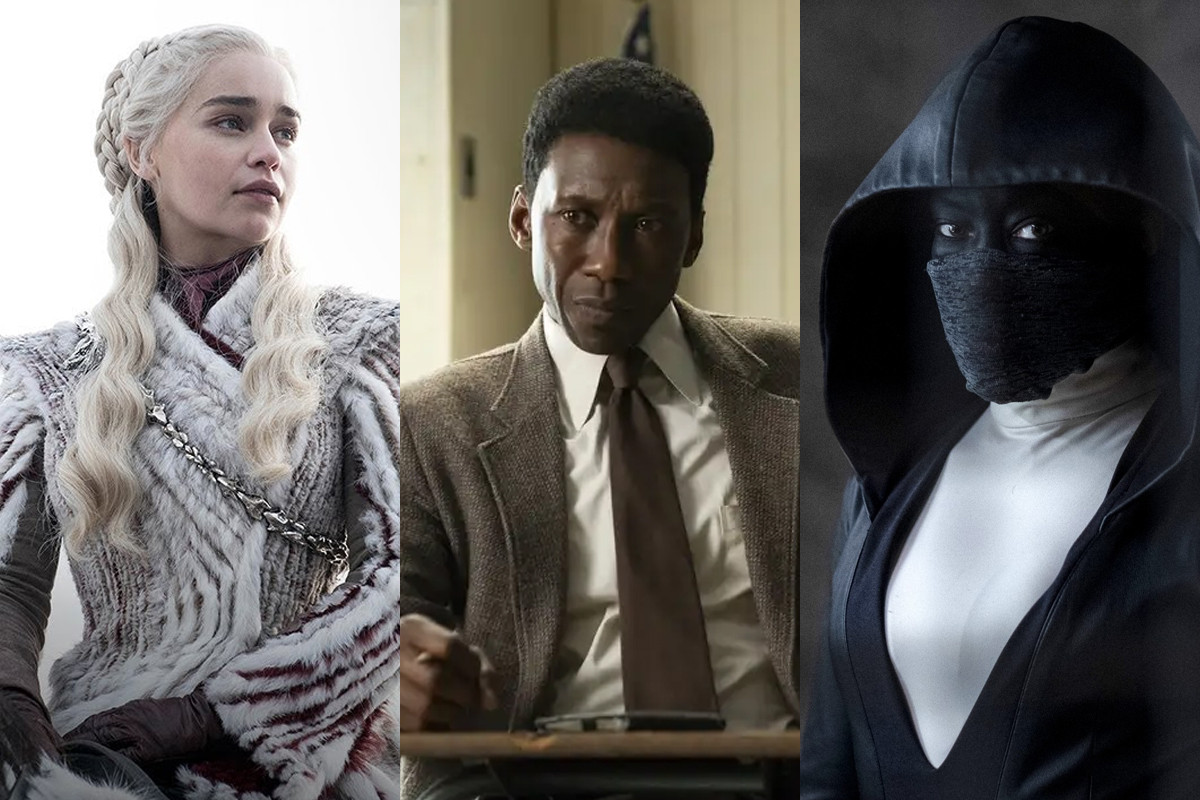Aside from the award-winning series, Gone With the Wind has been criticized for decades with cheerful African-American...
- The Gorgeous Cast Of Gossip Girl Remake
- Tiny Pretty Things: Uncomfortable Hot Scenes
- The Very First Picture From Gossip Girl 2020
Aside from the award-winning series, Gone With the Wind has been criticized for decades with cheerful African-American characters in slavery.

On June 9, the HBO Max channel removed the classic film Gone With The Wind amid the wave of anti-racist protests in the US. This event spans many years of controversy surrounding how the work depicts the lives of black people in America. Gone with the Wind, released in 1939, directed by Victor Fleming, adapted from the novel of the same name by Margaret Mitchell. The work revolves around a family in the southern United States during the Civil War (1861 - 1865) and the subsequent reconstruction.
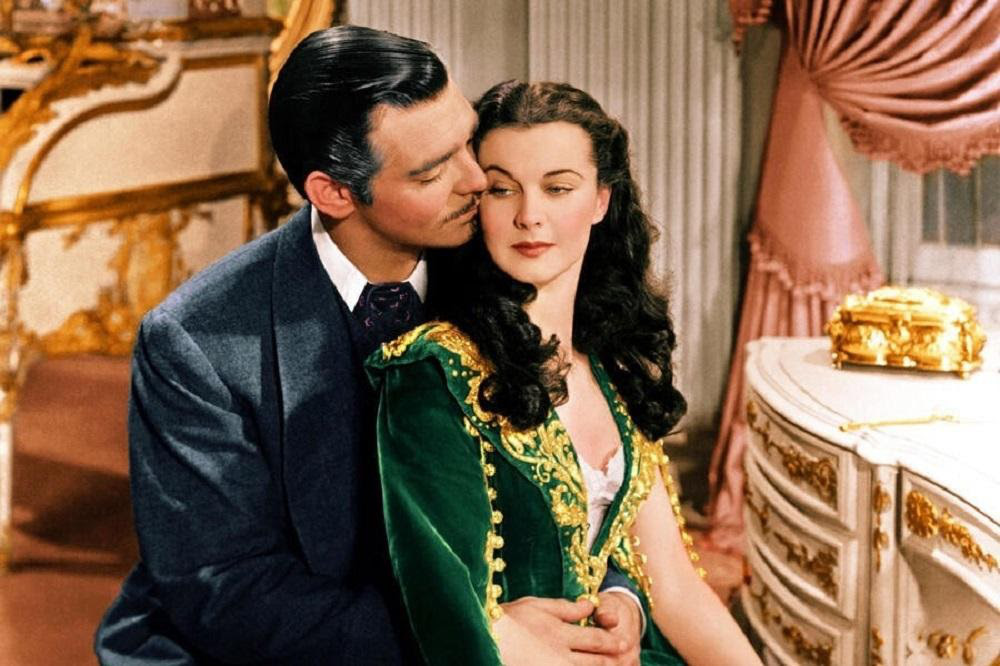
Gone With the Wind has been at the center of discussion by critics and activists in part because it was so successful. The film achieved the highest sales in American film history (if including inflation), and won 10 Oscar statues of gold (including two honorary awards) in 1940.
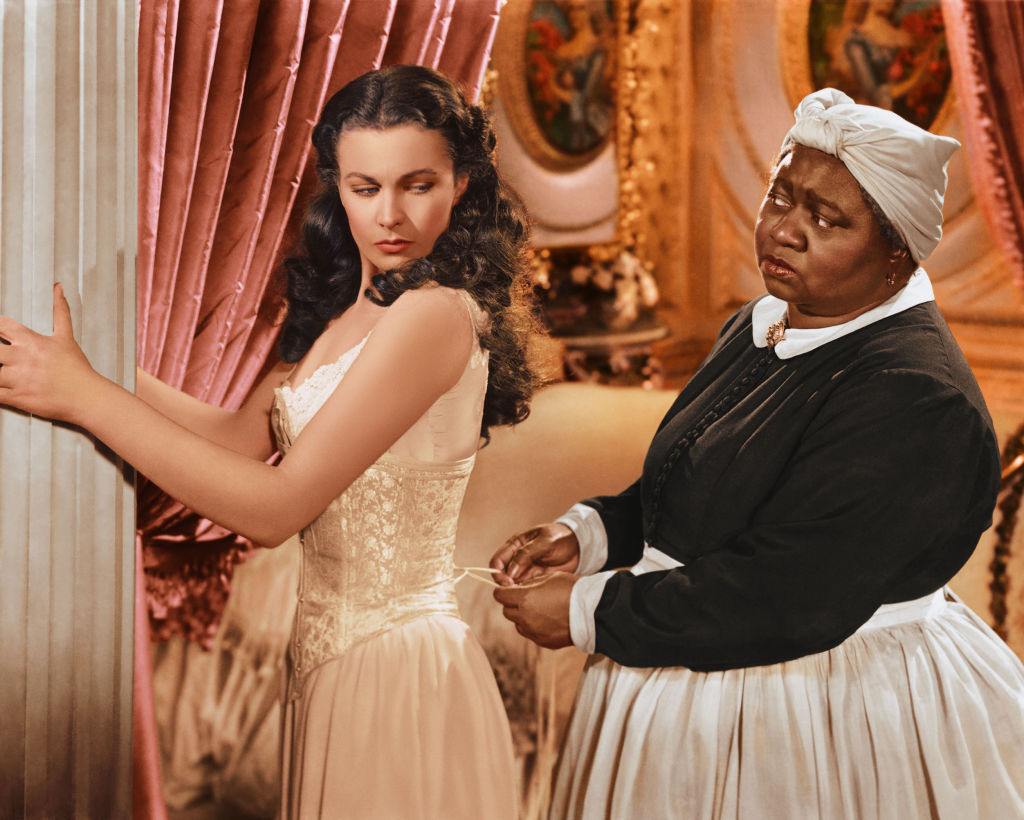
The audience and the press praised the groundbreaking production, director quality, and acting of Vivien Leigh as Scarlett O’Hara. The love story in the context of civil war also appeals to people in the romanticist Hollywood period. The famous critic Roger Ebert said Gone with the Wind was a "giant milestone of cinema, simply because its story is good and told in a wonderful way". Critics Kevin Thomas said: "The film is both a successful epic, and a close psychosocial story."

However, from a social point of view, Gone With the Wind was criticized for the details that seemed to lead to the promotion of slavery in the southern United States. In the film, white characters are portrayed in an idealistic, elegant manner, matching the "hero" role, in contrast to African-Americans who are always downstairs, playing the servants serving them.
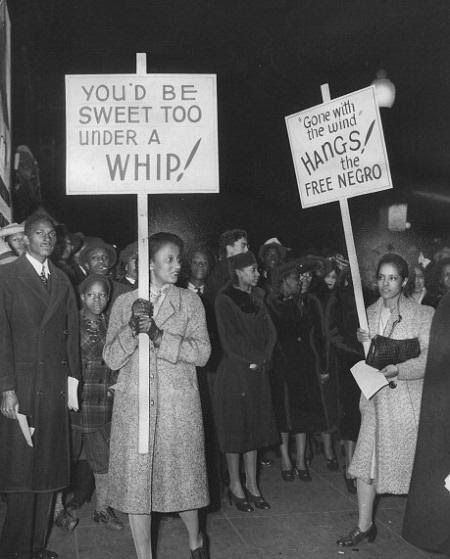
These black people were perceived to be unreasonably happy under slavery - which has caused so much suffering in real life. The most controversial is the Mammy character of the actress Hattie McDaniel, although the role brought her an Oscar. Mammy is a typical example of the role of "black mammy" - an unnamed African woman who helps with housework, caring for the white owner. According to the Guardian, Carlton Moss - one of the pioneering Hollywood filmmakers - says Gone With the Wind is no different from a movie supporting slavery.
Also in the film, the civil war - from the perspective of the South American faction - is portrayed in the direction of "defending tradition" rather than "maintaining slavery" (as in history). Southern characters like heroes who served the cause of the lost, for the traditional values are no longer available. Life between the owner and the black slaves is full of fun, romance, and the battle is what will permanently take away those values. "Gone With the Wind has completed its missionary work, imprinting in the audience's mind an impressive memory of the prosperous southern plantations, with a society that considers slaves to be family.", author Helen Taylor said.
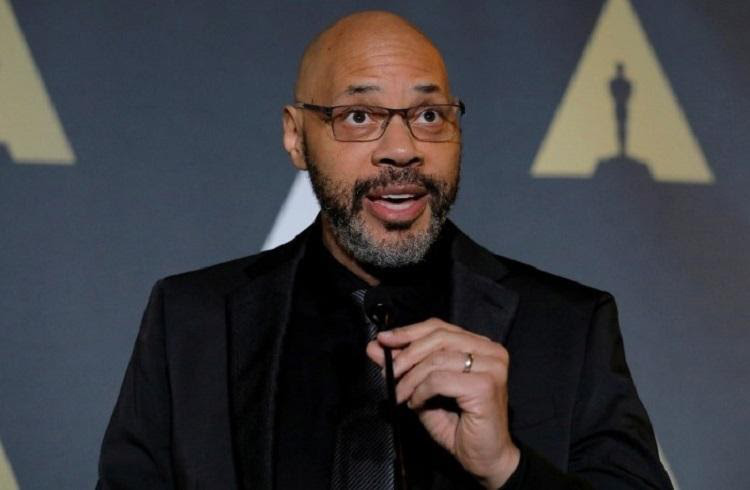
According to Screenrant, reflections on ethnic issues date back to the early days of film production. Since the producer David O. Selznick was granted the right to make a novel into a film, many activists have sent him letters to warn of the film's cultural consequences. They believed that the film would contribute to spreading misleading stereotypes about African-Americans, honoring slavery and raising whites to a higher position.
In a letter to Selznick in 1936, actor Hyman Meyer called for a halt to film production, arguing that the work was unpopular and that only extremists living in the United States welcomed it. At the same time as the recording, journalist Earl Morris launched a campaign to boycott the original film and novel because writer Mitchell used the word "nigger" (an offensive word for blacks) in the novel. This campaign forced producers to change the script, mitigating some ethnic factors.
However, in 1940 - when the film became widely available, the National Association for the Advancement of Colored People organized many protests against the work. According to The Atlantic, some slogans like "Gone With the Wind celebrate slavery", "Africans are not obedient slaves" was broadcast at the box office in Chicago (USA).
The controversy surrounding Gone With the Wind lasted for decades, with many articles and titles discussing the work. While Americans opposed racism after George Floyd, the screenwriter John Ridley criticized his work in the Los Angeles Times: "The film not only failed to represent representation (ethnicity, gender depicted). It is also a work of slavery, ignoring the atrocities and spreading painful prejudices against black people." He called for a halt to the film on HBO due to ethnic prejudices. Ridley's article is considered to be a major cause for this unit to remove the film.
However, the values of Gone With the Wind are undeniable, with the Library of Congress preserved by the importance of culture, history and art. In Time, Kimberly Nichele Brown - a professor of African American culture - said that the work should still be shown. Her opinion when teaching this film is to consider the historical story in the film. Time magazine shared that Gone with the Wind should be shown with information about some aspects of the film being racist. According to the Washington Post, HBO also chose this direction, will replay the film in June, with some recommendations about the historical context and depicting race in the film.
